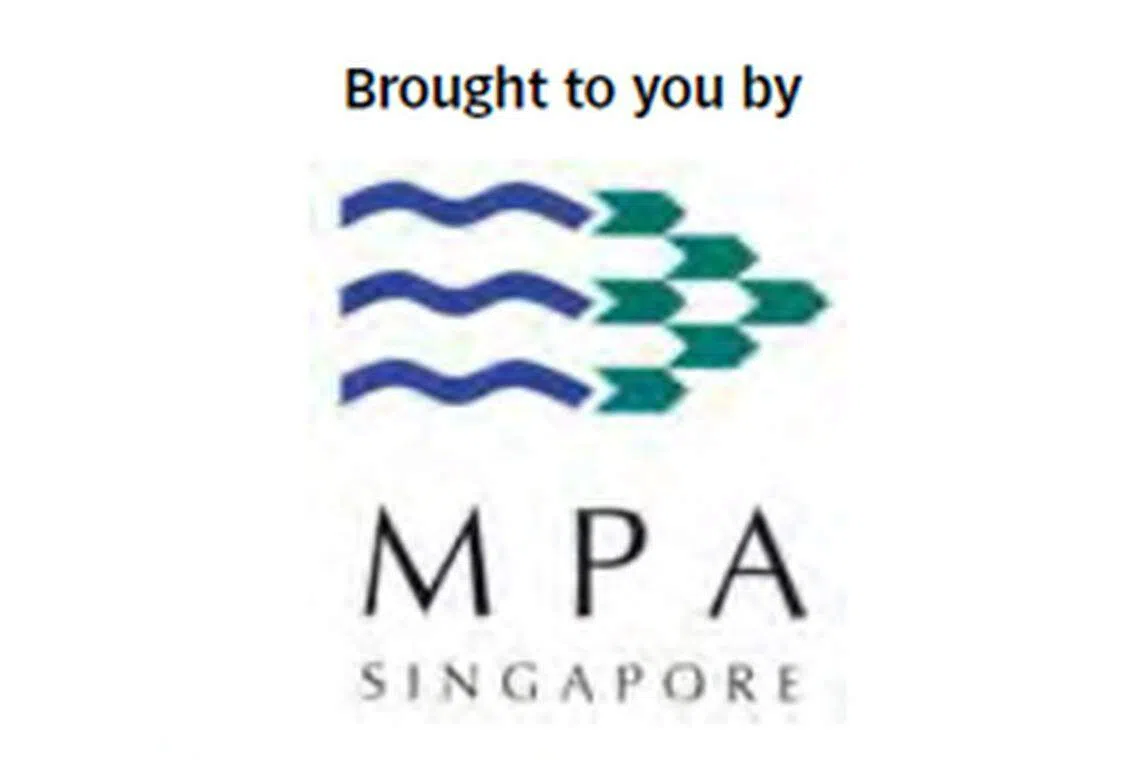Sailing on a new wave of technology
Smart ships are helping to improve efficiency and safety, but owners and operators must deal with the risk of cyber threats.
WHETHER it's advanced self-diagnostics for trouble-shooting or a collision prevention system to reduce human error, more advanced technology has been making its way on board commercial ships in recent years.
Among other benefits, these sophisticated systems that make use of sensors and other innovations are helping ship owners and operators improve their operational efficiency, save costs and improve safety and reliability.
"The technologies available on board intelligent ships help to enhance asset value and ship reliability. These benefits come in the form of reduced downtime spent in dry dock due to mechanical breakdowns and better ship utilisation and voyage planning," said Heng Chiang Gnee, executive director of the Singapore Maritime Institute. "In the medium to long run, it also enables better knowledge and management of associated risk and liability arising from ship operations and navigation."
For instance, crews can now operate and monitor more systems at the same time, with efficient real-time support from shore office due to increased communication network speed. Energy consumption by onboard systems can also be optimised through better decision-making aided by data analytics.
With improved connectivity to cyber-enabled field equipment, the number of working personnel onboard ships can also be reduced, saving both accommodation space and costs. Meanwhile, cyber-enabled systems allow ship crews to stay away from dangerous rig operations via remote controlled operation.
"Ships are becoming sophisticated sensor hubs and data generators. Cyber-physical systems consist of physical components that can be monitored, controlled, and optimised by sensors and software," said Steen Lund, regional manager, South-east Asia & Pacific, maritime, at DNV GL.
He noted that a vast amount of sensor data is now available for real-time monitoring of vessels. Such systems are already in operation in applications such as Dynamic Positioning for Offshore Support Vessels, and are also gradually being introduced in the monitoring of condition and performance parameters.
DNV GL's EcoInsight software, for instance, allows collection and analysis of data for voyage performance, engine and systems performance, hull and propeller, weather, fuel quality and benchmarks, as well as position and speed.
One exciting application in the area of big data is in the digital twin concept that involves making a digital copy of a real ship and its systems. The digital twin can be used as a digital test bench to improve performance, and also to reduce development cost and time compared to a more traditional approach.
Going forward, industry players such as Sembcorp Marine are continuing to research new smart ship technologies in order to develop new capabilities. The Singapore-based company is working with industry partners to test-bed and evaluate advanced sensors and smart systems.
"We expect ships of the future to be equipped with more sophisticated sensors of a wider range that are cheaper, faster and capable of handling more complex systems. Future ships will also have higher-speed network systems that support increased quantity and speed of data transfer," said Simon Kuik, head of research & technology at Sembcorp Marine.
Cyber security risks
However, a high dependency on technology could raise the risks of cyber threats that can adversely impact the maritime sector. Therefore, industry players must take steps to protect themselves from such risks, experts say.
"Mitigation starts with crew awareness training to understand what are the risks, how to prevent them, what to do if there is an incident and learn from the whole experience to ensure it cannot be repeated," said Philip Tinley, security manager at Bimco, the world's largest international shipping association. "Staff should not shy away from increasing their cyber security knowledge, and incident response should follow procedures similar to all other incidents in the ship and company security plan."
Mr Kuik added that ship owners and operators must be aware of risks in selecting IT systems and network to reduce the vulnerability of their systems. Tools that can help safeguard against cyber attacks include firewall-enabled systems and secured network encryption technology.
He said: "A systematic approach will improve marine asset reliability and safety, and facilitate future software upgrades."

BT is now on Telegram!
For daily updates on weekdays and specially selected content for the weekend. Subscribe to t.me/BizTimes
New Articles
Singapore top recipient of Q1 cross-border investments in Apac: Knight Frank
Dasin Retail Trust’s trustee-manager chairman, directors deny allegations of misconduct
Keppel Infrastructure Trust posts 29.1% lower Q1 distributable income
Bitcoin faces worst month since FTX crash with ETF demand cooling
AIA launches wealth centre targeting high-net-worth clients
Prudential’s Q1 new business profit down 2% at S$743 million
